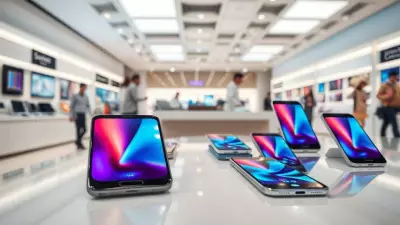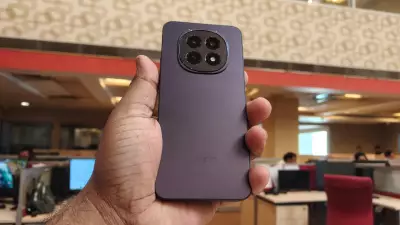
In a shocking revelation that has sent ripples through the tech community, London's Metropolitan Police have uncovered a massive iPhone theft operation involving over 80,000 stolen devices. What's more concerning is their claim that tech giant Apple is failing to take appropriate action to help recover these premium smartphones.
The Scale of the Operation
According to police reports, the thefts represent one of the largest organized smartphone heists in recent memory. The stolen iPhones, valued at millions of pounds, were systematically targeted across London through various criminal methods including:
- Organized shoplifting operations
- Burglaries targeting Apple stores and retailers
- Theft from individual owners in public places
- Smash-and-grab operations targeting delivery vehicles
Police Frustration with Apple
London law enforcement officials have expressed significant frustration with Apple's response to the crisis. Despite having sophisticated tracking capabilities through Find My iPhone and other security features, authorities claim the company isn't providing adequate cooperation in locating and disabling the stolen devices.
"We have the serial numbers, we have the evidence, but without Apple's active participation in blocking these devices, they continue to circulate in the black market," a senior police official stated anonymously.
The Black Market Challenge
The stolen iPhones are reportedly being funneled into an extensive black market network. Criminal organizations have developed sophisticated methods to:
- Reset and reprogram the devices
- Export them to markets where Apple's security features are less effective
- Sell them to unsuspecting consumers at discounted prices
- Harvest components for repair and refurbishment markets
Consumer Impact and Safety Concerns
This massive theft operation doesn't just represent financial loss for victims; it raises serious security concerns. Stolen iPhones often contain sensitive personal information, financial data, and access to various accounts that could be exploited by criminals.
Experts recommend that iPhone users enable all available security features, including Face ID, complex passcodes, and two-factor authentication to protect their devices and data.
The Way Forward
London police are calling for enhanced cooperation from Apple and other tech manufacturers to combat this growing problem. They suggest implementing more robust anti-theft measures and creating better channels for law enforcement to quickly disable stolen devices across global networks.
As smartphone theft continues to evolve, the need for stronger collaboration between technology companies and law enforcement agencies becomes increasingly critical to protect consumers and their valuable devices.






